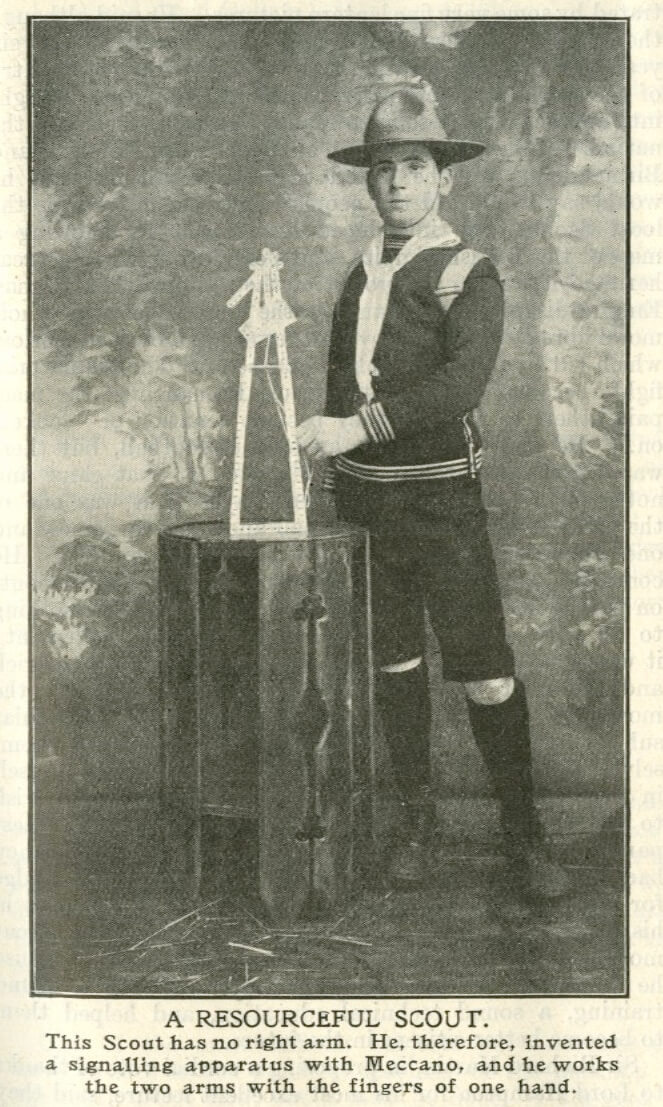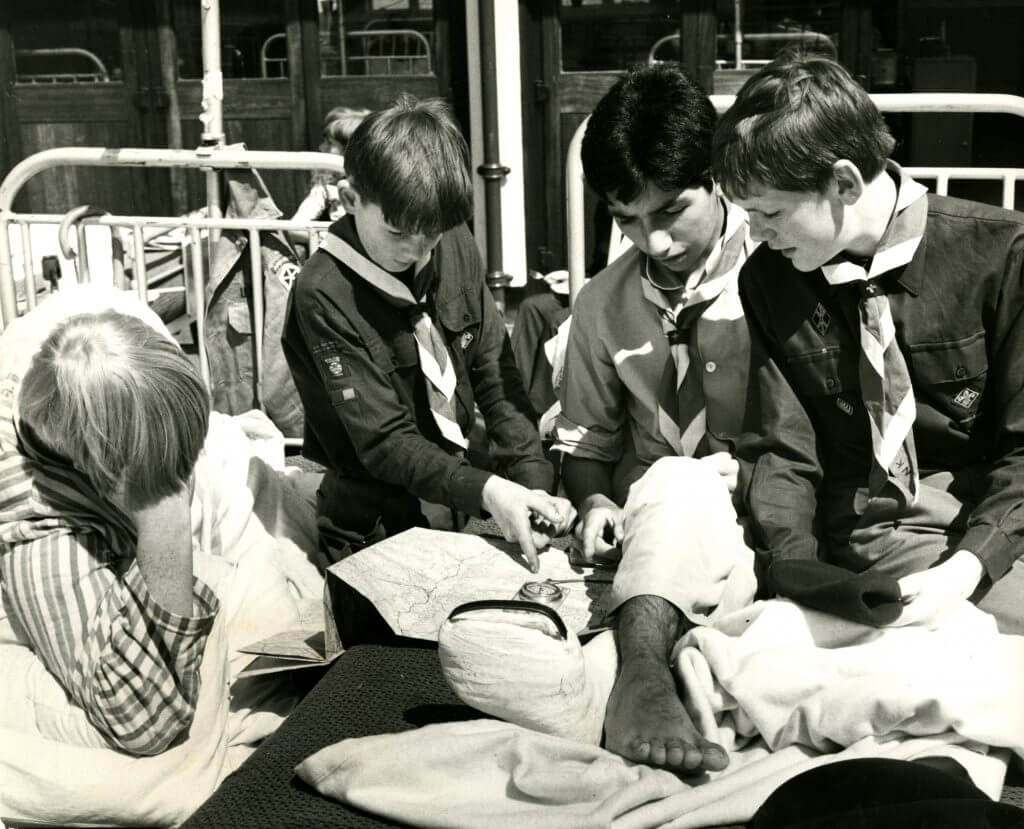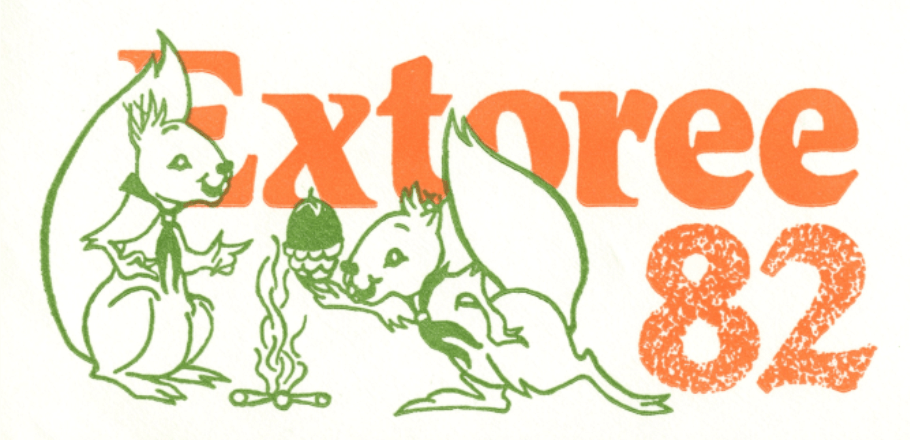Scouting for All: Supporting young people with disabilities
Removing as many barriers to participation as possible has always been a goal in Scouting.
Quick links
Scouts has a long history of supporting young people with additional needs and neurodiversity.
In 1911, the first Scout Troop dedicated to supporting young people with disabilities was launched in Gosforth, Newcastle-upon-Tyne.
Robert Baden-Powell visited the Troop. He believed anyone could be a Scout as long as they had "a good stout heart".
This innovation was quickly followed by a range of similar Troops, many of which operated from hospitals and care homes. At this time, young people with additional needs and neurodiversity were regularly cared for away from the family home.
Scouts gave these young people an opportunity to be part of a wider community breaking some of the isolation of their existence.
In February 1913, Baden-Powell was pleased to announce a new version of Scouting for Boys would soon be available.
The Headquarters’ Gazettes from this period include letters from volunteers asking for advice, sharing experiences and celebrating the success of their Scouts.
Scouts and their volunteers were encouraged to adapt the programme to meet everyone’s needs.

In 1924, a series of special tests were introduced to enable members with additional needs and neurodiversity to participate in a Scouts programme, designed to accommodate their needs.
In 1936, a dedicated department was set up to support Scouts with disabilities.
Baden-Powell described the value Scouts added to the lives of these young people as immense.
His language is very much of its time, but the sentiment he expresses could also describe the way in which Scouts supports young people today.

Through Scouting there are numbers of crippled, deaf and dumb, and blind boys now gaining greater health, happiness and hope than they ever had before. Most of these boys are unable to pass the ordinary Scout tests and are supplied with special, or alternative, tests. The wonderful thing about such boys is their cheeriness and their eagerness to do as much in Scouting as they possibly can. They do not want more special tests and treatment than is absolutely necessary. Scouting helps them by associating them in a world-wide brotherhood, by giving them something to do and to look forward to, by giving them an opportunity to prove to themselves and to others that they can do things – and difficult things too – for themselves.
Robert Baden-Powell, Aids to Scoutmastership, 1940
Events, such as jamborees, had special sub-camps for Scouts with additional needs and neurodiversity.
Then, from the 1940s onwards, international jamborees for people with additional needs and neurodiversity, called Agoonorees, were organised.
Children’s hospitals set up dedicated Scout groups for in-patients, so they could continue Scouts despite being away from home.

This practice continues today, such as the Scout and Girl Guide Group at Leeds Children’s Hospital opening in 2016.
Over the years, there has been a move to integrate young people with additional needs and neurodiversity into mainstream Scouts activities.
1982's Extoree held at Gilwell Park was the first international camp to offer equal access to all Scouts.

Today, we aim to remove as many barriers to participation as possible. Volunteers are able to access support and training to enable them to design a programme which delivers Scouts for all.
By being so proactive in its ethos of inclusivity, Scouts has led the way in this field, modelling behaviours that wouldn’t be adopted by other youth areas, such as education and social care, for several decades.
